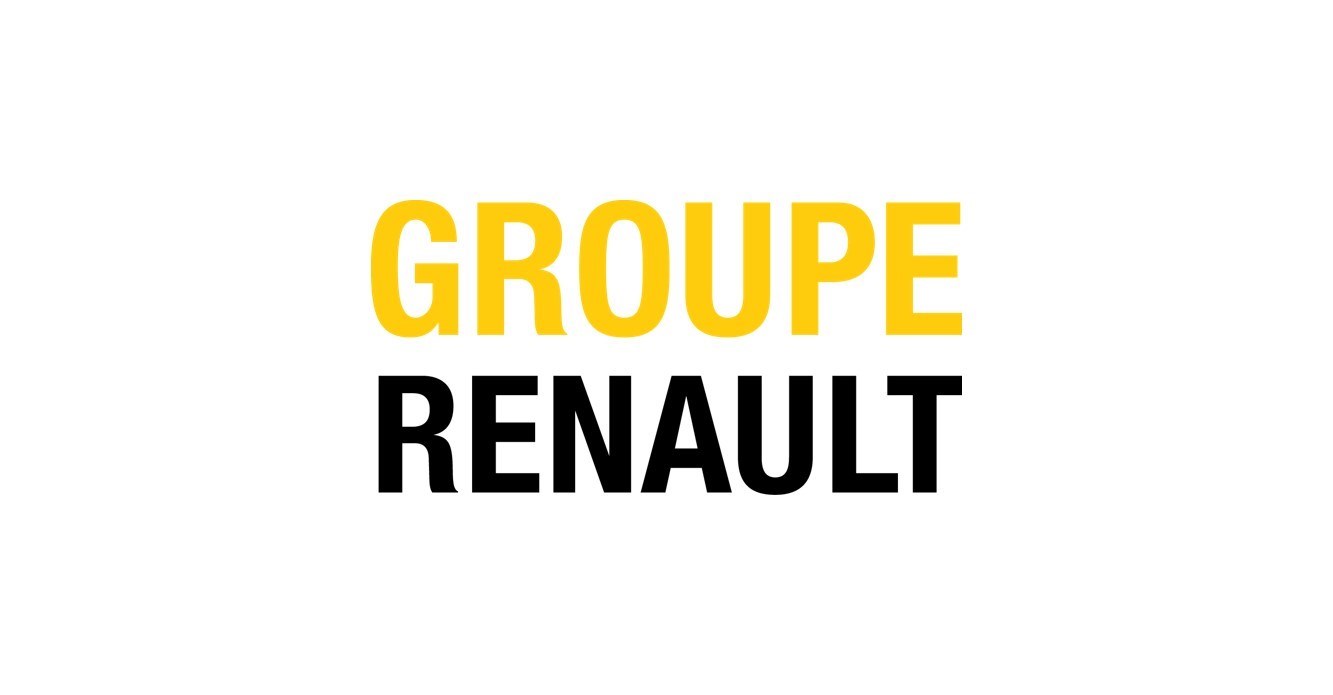Pressiteade
 The massive integration of intermittent renewable energy and the closure of traditional thermal power
The massive integration of intermittent renewable energy and the closure of traditional thermal power
Today, secondary reserve is mainly based on thermal or hydropower plants. RTE, Jedlix and Groupe Renault
propose to experiment with a new alternative: controlling the charging of electric vehicles which, following
a signal sent by RTE, will inject or draw electricity to help RTE ensure the balance between production and
consumption. This is one of the services electromobility will be able to provide to the electrical system of
tomorrow1. The objective of this experiment is to evaluate not only the technical feasibility of this new type
of service based on embedded connectivity of the vehicle, but also its value for the power grid and
ultimately for the electric vehicle owner.
"EVs are a great opportunity for the power system and the transition to a low carbon economy. To seize it
in the best way, we need to test today the interaction modes between the vehicle and the system." says
Thomas Veyrenc, Executive Director of Strategy and Foresight at RTE.
"Driving an electric vehicle is more than a pleasure and a rational economic choice. It is also the opportunity
to become a natural player in the electrical system at home, and to be paid for this service to the network!
We are happy to contribute to the opening up of the Secondary Reserve market with rules appropriate for
this new distributed resource in France and Europe, alongside RTE and Renault." adds Serge Subiron, CEO
of Jedlix.
1 RTE & AVERE report dated May 2019: «The challenges of developing electromobility for the electrical system»
"We are very pleased to collaborate with RTE and Jedlix. This is an important step in the integration of the
electric vehicle as an essential link in the energy network. In the long term, our customers who own electric
vehicles will benefit from a more economical and greener electricity consumption and will therefore be
remunerated for the service they provide to the electricity grid." declares Yasmine Assef, New Energy
Business Program Director of Groupe Renault.
About RTE
RTE is France’s transmission system operator, in charge of an impressive infrastructure: more than
105 000 km of high and ultra-high-voltage lines spanning the whole of France and 50 interconnections with neighboring
European countries. RTE is renowned for its expertise. It has been operating, maintaining and developing this grid for
20 years, while constantly balancing supply and demand, second by second. RTE is a public utility which provides all
competing power-generation facilities with non-discriminatory access to the grid. Playing a central role within the French
and European power systems, RTE is a vital economic partner of businesses and regions, a pivotal player in the energy
transition and the move towards renewable energy sources, and a firm proponent of Europe-wide electrical solidarity.
RTE website
About Jedlix
Jedlix develops and operates a Vehicle-to-Grid Integration (“VGI”) platform to optimize the charging & discharging of
electric vehicles and facilitate their insertion into the power grid at scale. Jedlix teams up with energy companies, Charge
Point Operators & e-Mobility Service Providers, car manufacturers to reduce the total cost of ownership of Electric
Vehicles, to monetize the flexibility of their charging process on energy and balancing markets, and to optimize the use
of renewable energy. Jedlix website
About Groupe Renault
Groupe Renault has manufactured cars since 1898. Today it is an international multi-brand group, selling close to 3.8
million vehicles in 134 countries in 2019, with 40 manufacturing sites, 12,700 points of sales and employing more than
180,000 people. To address the major technological challenges of the future, while continuing to pursue its profitable
growth strategy, Groupe Renault is focusing on international expansion. To this end, it is drawing on the synergies of its
five brands (Renault, Dacia, Renault Samsung Motors, Alpine and LADA), electric vehicles, and its unique alliance with
Nissan and Mitsubishi Motors. With a 100% Renault owned team committed to the Formula 1 World Championship since
2016, the brand is involved in motorsports, a real vector for innovation and awareness.
Kõik sellel veebilehel olevad materjalid (sealhulgas, kuid mitte ainult: tekstid, fotod, graafika, helifailid, animatsioonifailid, videofailid ja nende paigutus veebilehel) on Renault SASi ja/või selle sidusettevõtete või kolmandate isikute omand, kes on volitanud Renault SASi nende piiratud kasutamiseks, ning on kaitstud autoriõiguse ja muude intellektuaalomandi kohta kehtivate õigusnormidega. Eespool nimetatud materjalide kasutamine muudel kui toimetuslikel eesmärkidel, eelkõige turundus- või reklaamieesmärkidel, on rangelt keelatud.